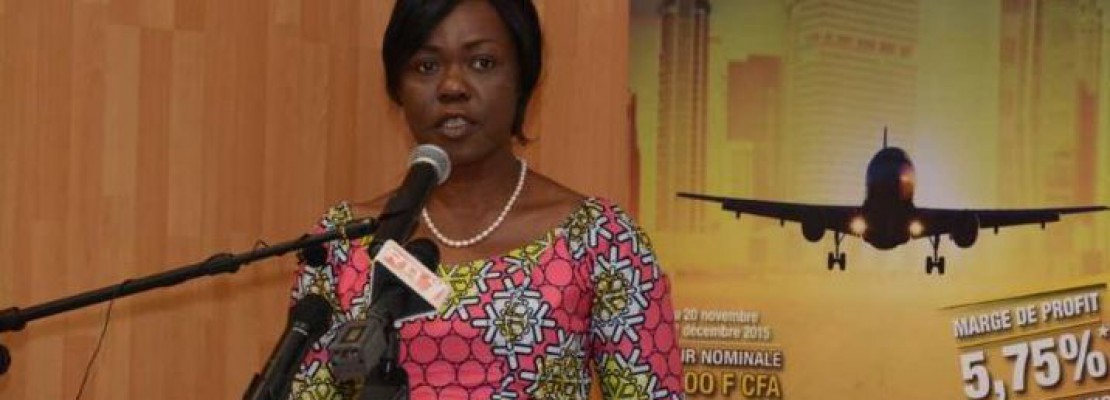
Five year 150 billion CFA issuance sukuk priced at a profit rate of 5.75%
Article Overview
The Ivory Coast is to become the latest state to issue a Sovereign Sukuk as it today launched its debut five year 150 billion CFA issuance sukuk priced at a profit rate of 5.75%. The addition of the Ivory Coast displays the continued growth of the Islamic finance market into Africa and represents a highlight in quiet year for sukuk issuance’s with total issuance volumes down considerably due to tightening of liquidity in traditional Islamic financial markets of the Gulf and South East Asia.
The sukuk is being arranged by the Islamic Corporation for Private Sector Development (ICD). The ICD signed an agreement in April 2015 for the implementation of a five-year Sukuk programme for 300 billion CFA to be issued in two equal phases of 150 billion CFA each. A road show was held in Saudi Arabia from 14 to 19 November and followed a recent upward revision of the Ivory Coast’s sovereign rating by Moody’s from B1 to Ba3.
The launch ceremony held in Abidjan was attended by the Prime Minster and Finance Minister as well as guests from the IMF, World Bank, African Development Bank as well as domestic CEO’s of local banks.
Second CFA Sukuk
Africa is a key development region for the Islamic finance market, especially so for Gulf based Islamic banks who view the region as a key target market. Ivory Coast’s issuance follows on from last year’s sukuk debut by the State of Senegal who issued a 100 billion CFA sukuk using the Ijara structure. That sukuk was the first major sukuk issued by a West African nation and achieved a profit rate of 6.25% with a four year maturity.
The West African CFA franc is the currency of eight independent states in West Africa: Benin, Burkina Faso, Guinea-Bissau, Ivory Coast, Mali, Niger, Sénégal and Togo. Alioune N’Diaye, the Senegalese finance ministry’s director for money and credit said in a recent interview “We have an Islamic bank in Senegal, the Banque Islamique du Sénégal, we have the advantage of a good relationship with the Islamic Development Bank (IDB) and we are the first country to explore these opportunities in the region. We have a population of 95% Muslim people as well. It has been a long time in planning, but we think that we can be a hub for Islamic finance in Africa.”
He added “We saw that the Gulf countries had an excess that they wanted to invest but in a sharia-compliant way,” and “To attract this investment, we set up sharia-compliant instruments. With the debt crisis in Europe, we saw that Islamic finance was more resilient. The 2008 financial crisis was due to speculation, so we can see that Islamic finance is more attractive.”







